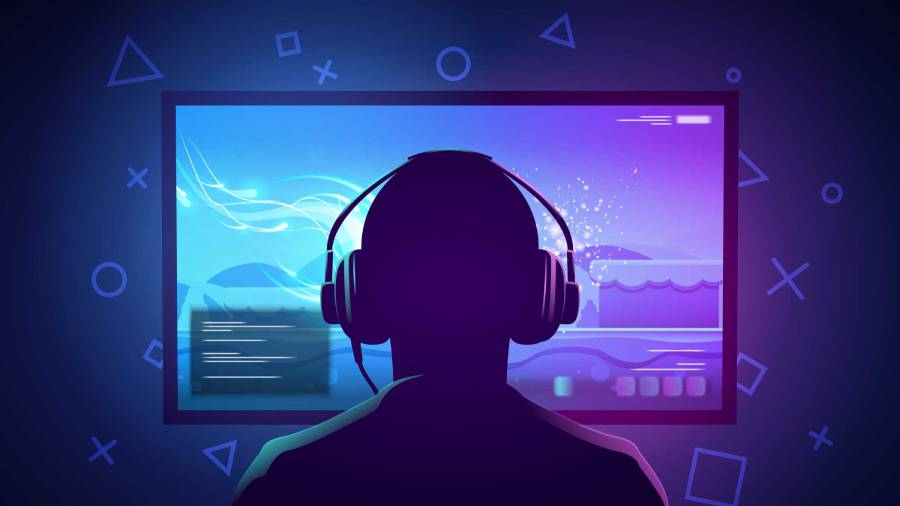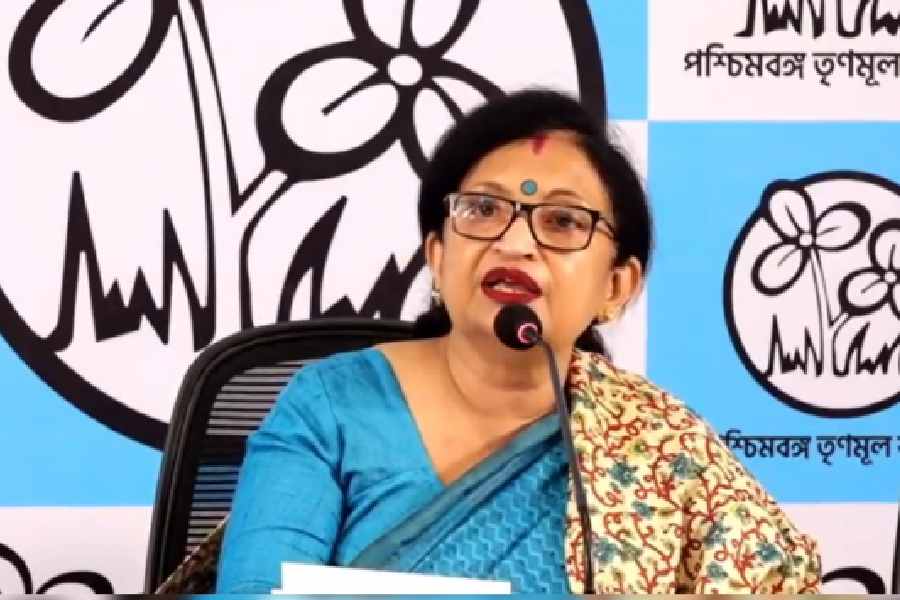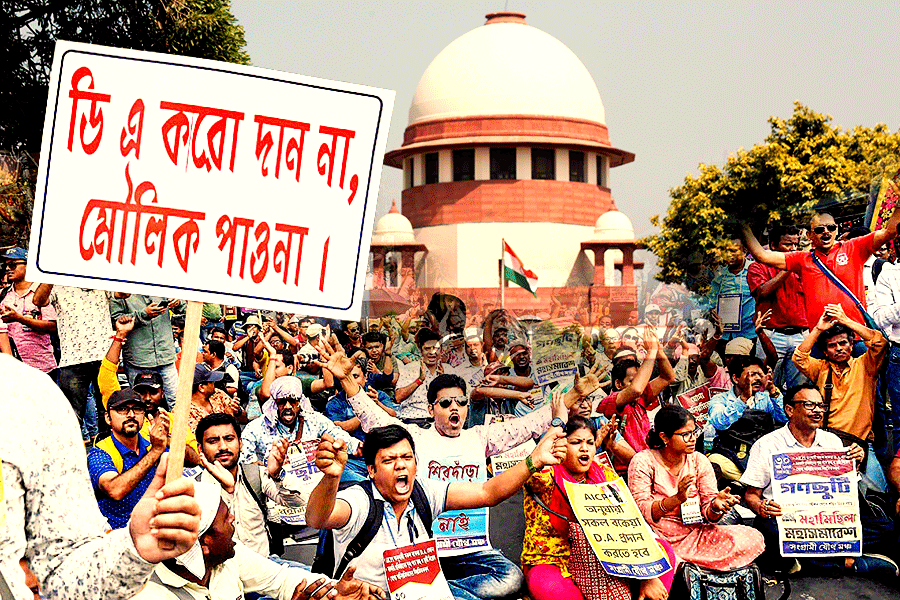The positive impact of technology on everyday life and living is undeniable. But excess of anything, including technology, is unwarranted. Consider gaming, a popular leisure activity that is facilitated by technology. The World Health Organization has officially included ‘gaming disorder’ in its International Classification of Diseases as a behavioural disorder. The disorder bears the signs that are generally associated with substance addiction — changes in behaviour, adverse effect on social life and relationships, excessive preoccupation with video games, and acute withdrawal. Additionally, it can cause sleeping disorders, adversely affect bones, eyes and ears, and lead to sedentary-lifestyle diseases like diabetes and hypertension. The Covid-19 pandemic has made people, especially children, even more vulnerable because of limited social interaction. India has not been spared of this threat. In December 2021, the Rajya Sabha was informed that in the pre-Covid period, the weekly time that Indians spent on mobile gaming was about 2.5 hours but the figure had risen to four hours during the lockdown. It has been estimated that 43 crore people are playing online games currently; by 2025, this number will reach 65.7 crore. Could WHO’s recognition of gaming as a disorder be the first step to combat this phenomenon?
Even though gaming addiction is a psychological condition, the Diagnostic and Statistical Manual of Mental Disorders, an authoritative guide to identify and treat mental ailments, is yet to list ‘internet gaming disorder’ as a full-fledged disorder. Its inclusion may pave the way for a more targeted approach towards its treatment around the world. Hearteningly, some specialized clinics are being set up in India — the Service for Healthy Use of Technology Clinic in Bangalore is reported to have admitted children battling the condition. As for laws regulating the online gaming industry in India, they remain obsessed with preventing betting and gambling, limiting their ambit to financial concerns rather than on mental health. The Centre issued an advisory for parents and teachers in 2021 that talked about the risks of gaming without self-limits. But prohibitive or restrictive interventions by the family — the confiscation of phones — will not work given the utility of these gadgets in modern education. In-game statutory warnings, lessons on safe usage of technology in school and enforced screen-breaks programmed into the games may be a better idea.










